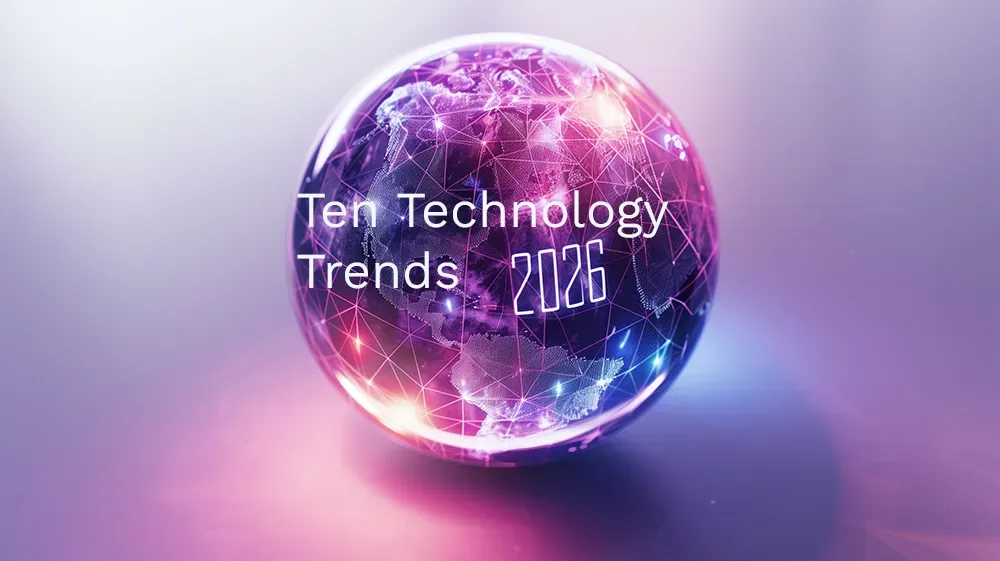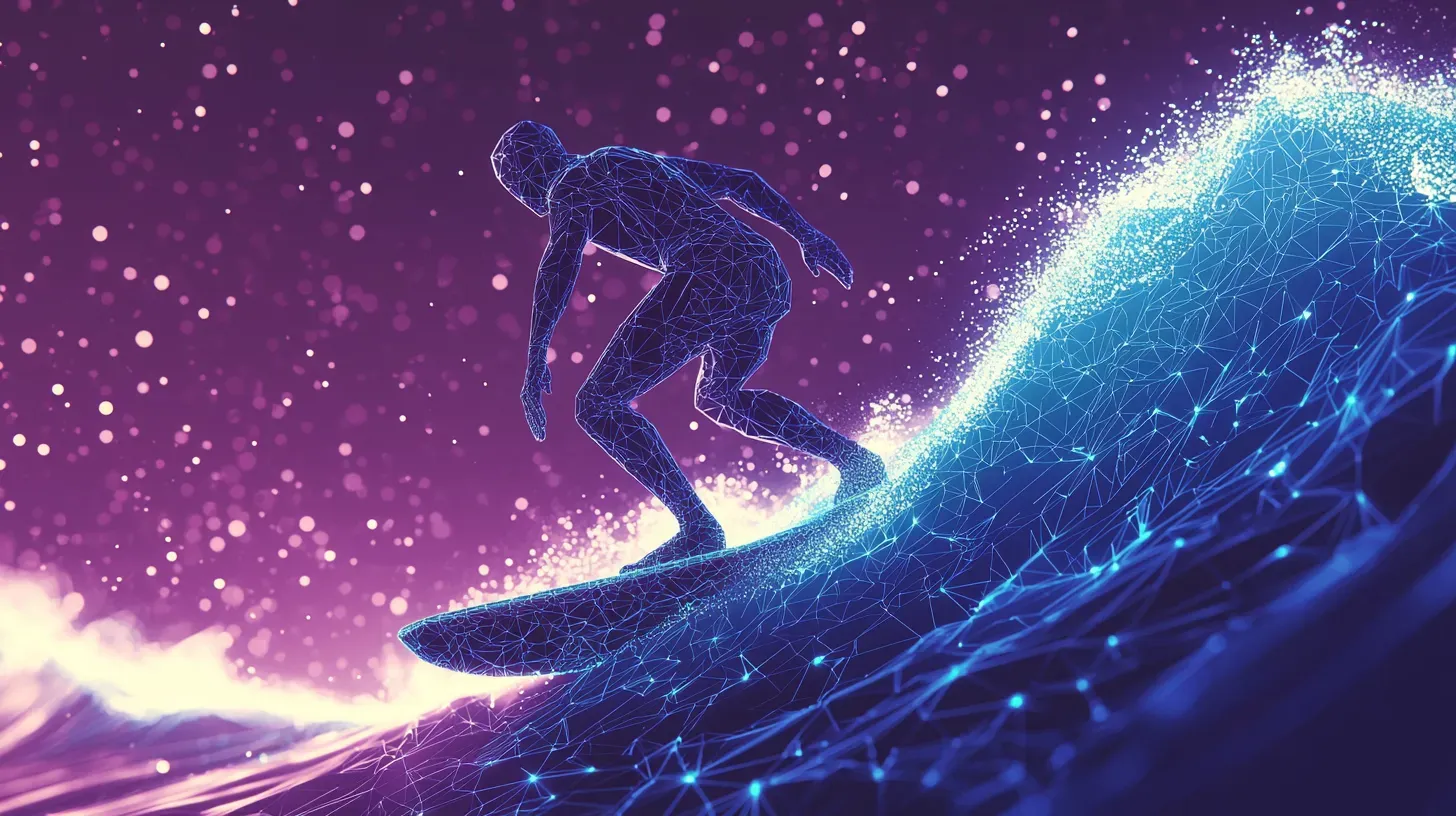The Universe Doesn't Revolve Around Us: Why Nature's 39 Trillion Lessons Matter More Than Your Next Tech Stack
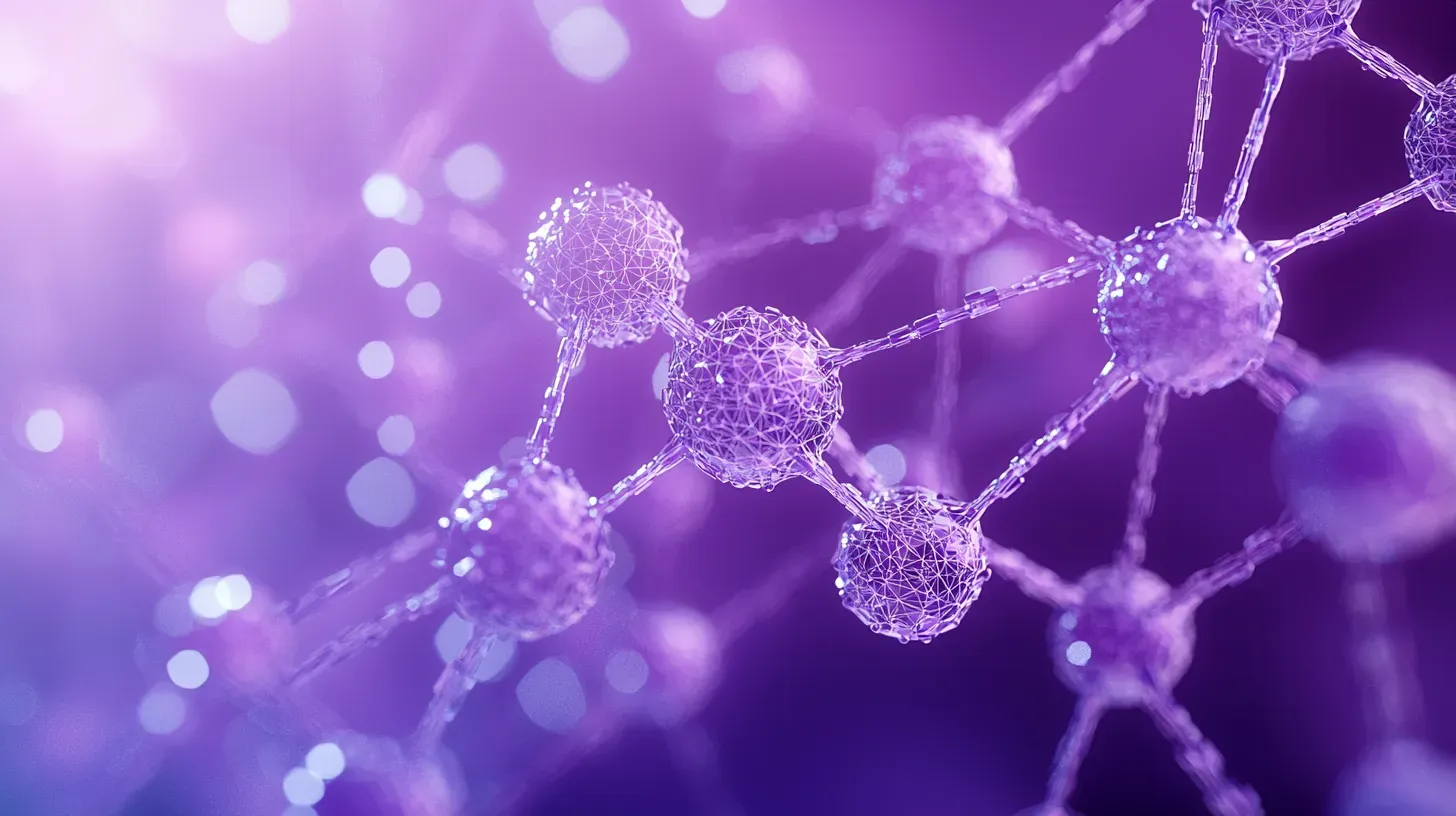
The most profound business insights don't come from Silicon Valley. They come from bacteria exchanging nutrients through microscopic bridges and bats navigating with sound waves we can't even perceive.
Reality Shifts When We Stop Being Human-Centric
Ed Young's groundbreaking work An Immense World reveals a truth that should fundamentally reshape how we approach innovation: every organism operates within its own umwelt, a unique sensory bubble that defines its entire reality. Bats navigate through echolocation, creating mental maps from sound waves. Bees see ultraviolet patterns on flowers invisible to human eyes. Dogs experience a world dominated by scent layers we can't even imagine.
Here's the kicker: bats probably think we're disabled for not using echolocation, while we pity them for missing sunsets. Both perspectives work brilliantly for their intended users. This isn't just biological trivia—it's a masterclass in perspective diversity that most leadership teams desperately need.
When we apply this lens to global business and technology, patterns emerge. China's centralized approach to AI governance reflects one umwelt. Silicon Valley's decentralized innovation ecosystem represents another. Neither is inherently superior, they're context-specific adaptations, like a spider's web versus a bird's nest. Both serve their purpose. Both have blind spots.
The challenge? Just as a spider can't comprehend a bird's reality, differing worldviews among global powers often block collective action on climate change or ethical AI development. We need what I call a meta-perspective—an elevated view that synthesizes diverse realities without dismissing any.
The 1 Trillion Microscopic Network You're Ignoring
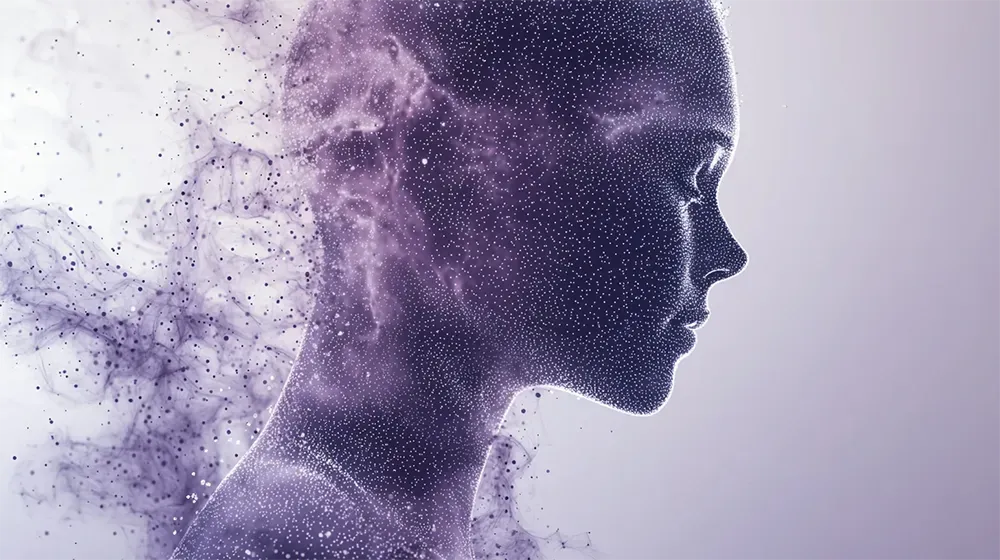
Recent discoveries in microbiology should humble every CEO who thinks they've mastered networking. In our oceans, Prochlorococcus and Synechococcus bacteria—two of Earth's most abundant photosynthetic organisms—connect through nanotube bridges. These microscopic tubes allow distinct cells to trade nutrients and information, creating a collaborative network that makes our most sophisticated supply chains look primitive.
This isn't metaphorical. It's literal resource sharing at the cellular level, embodying principles that Indigenous wisdom has taught for millennia: communal responsibility for shared resources. The Taoist principle of interdependence. The understanding that isolation is an illusion.
Here's what should keep you awake: your body hosts approximately 39 trillion microbes. They're not passengers—they're co-pilots, vital for immunity, digestion, and cognitive function. Modern lifestyles and medical practices often devastate this internal ecosystem with consequences we're only beginning to understand. When we disrupt our microbiomes through processed foods or excessive antibiotics, we're not just affecting our health—we're altering the foundation of human performance and potential.
This microbial reality check demolishes human exceptionalism. We're not standalone entities making independent decisions. We're walking ecosystems, dependent on trillions of non-human partners for basic survival. If bacteria can figure out resource sharing and collaborative networks, what's our excuse?
Biocentrism: The Ultimate Disruption to Your Worldview
Robert Lanza and Bob Berman's biocentrism goes further than acknowledging diverse perspectives—it fundamentally rewrites reality's operating system. Life isn't a by-product of universal laws; it's the fundamental component shaping the reality we perceive. Space and time aren't absolute constructs but tools consciousness uses to make sense of experience.
This isn't mysticism. It's a scientific framework that aligns perfectly with the umwelt concept. Every organism experiences reality uniquely based on its sensory and cognitive frameworks. There is no objective, one-size-fits-all reality—only billions of valid, limited perspectives interacting.
For leaders navigating exponential change, biocentrism offers a critical insight: the well-being of humanity is inseparable from the ecosystems we inhabit. Progress isn't dominion over nature or technological supremacy. It's harmony with the broader web of life. When we make decisions affecting our microbiomes, from healthcare to food production, we're altering humanity's foundation. When we design AI systems without considering their ecological impact, we're building tomorrow's problems today.
The Rainbow Serpent of Aboriginal mythology understood this millennia ago—creation and destruction dance together, progress requires balance. Taoism teaches flow and adaptation. Indigenous wisdom emphasizes collective responsibility. These aren't quaint philosophies; they're survival strategies tested over thousands of years.
The Meta-Perspective Imperative
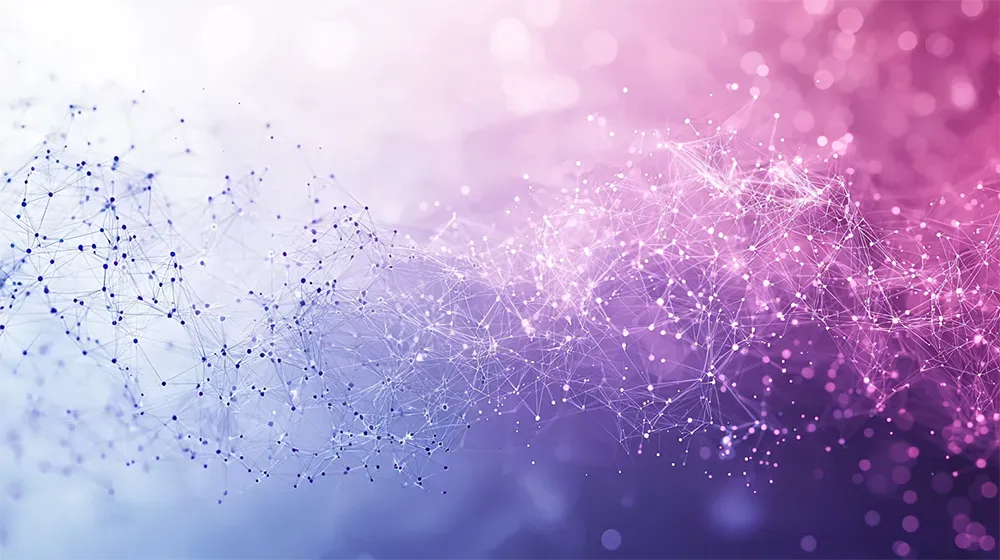
The convergence of these insights—from bacterial networks to biocentric philosophy—points toward an evolutionary leap in human consciousness. We need leaders who can hold multiple realities simultaneously, who understand that their perspective is one strand in an intricate web.
This meta-perspective doesn't mean relativism where all views are equally valid for all contexts. It means recognizing that solutions emerging from expanded consciousness are more likely to be systemic, inclusive, and sustainable. When you understand that each being has its own experiential lens, you lay groundwork for innovations that work with natural systems rather than against them.
Consider how this applies to current challenges. Climate solutions designed only from a Western industrial perspective miss Indigenous knowledge about land management. AI governance focused solely on Silicon Valley's move-fast ethos ignores Eastern perspectives on collective harmony. Healthcare systems treating humans as isolated units ignore our microbial partners.
A great example of how we should move forward, is Alice Walton's new medical school in Arkansas, which isn't training doctors to chase symptoms and order tests. AWSOM (yes, that's the acronym) is creating physicians who prevent disease before it starts. The inaugural class of 48 students walked into glass-walled buildings with rooftop parks, healing gardens, and direct paths to art museums. Because Walton believes healing requires humanity, not just biology, and that is exactly the kind of perspective our world needs.
The most successful organizations of the next decade won't be those with the best technology. They'll be those who master perspective integration—who can see through the eyes of bacteria, understand the wisdom of ecosystems, and design solutions honoring the interconnectedness of all existence.
Progress isn't imposing human will on the world. It's aligning with natural rhythms while respecting the perspectives that sustain life. By integrating these views, we become participants in a vast system where each action reverberates through the whole.
The universe doesn't revolve around us. Once we truly grasp this, we can build futures as diverse, resilient, and interconnected as life itself. The question isn't whether you'll adapt to this reality, it's whether you'll lead the adaptation or be swept away by those who do.
This article is an abstract of my new book: Now What? How to Ride the Tsunami of Change.




